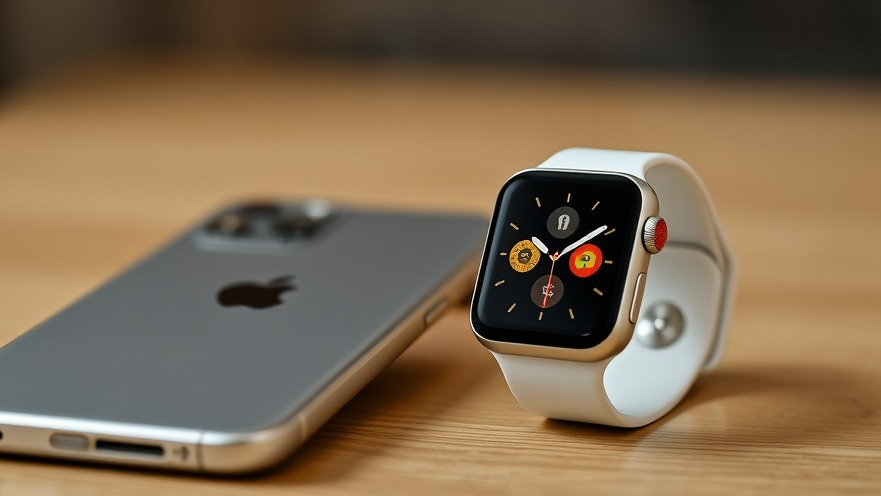
Revolutionizing Brain Health Monitoring with Consumer Technology
In a groundbreaking study published in Nature Medicine, researcher Paul Monroe Butler and colleagues have demonstrated the potential of consumer-grade devices—primarily iPhones and Apple Watches—to effectively monitor brain health. This discovery emerges at a time when dementia prevalence is projected to triple by 2050, amplifying the call for innovative tools to combat cognitive decline.
The Demographic Reality of Dementia
A staggering 55 million individuals globally are affected by dementia, a figure that underlines the urgency of developing preventive strategies. The 2024 Lancet Commission on dementia highlights that a significant portion—up to 45%—of dementia cases could potentially be delayed or prevented through lifestyle changes and proactive management of risk factors. This creates a unique opportunity for individuals to take charge of their cognitive health, leveraging technology as a companion in this journey.
How Consumer Devices Are Changing the Game
The Intuition study enrolled over 23,000 participants from various age groups to assess the use of smartphones and smartwatches for self-administered cognitive assessments. Remarkably, more than 90% of participants adhered to the study protocol, using their devices daily for cognitive assessments over the course of a year. This unprecedented adherence rate reinforces the feasibility of tech-based cognitive evaluations.
Co-author Dr. Rhoda Au, a professor at Boston University, voices optimism about using digital metrics to detect cognitive changes that may indicate a need for further medical attention. This shift not only improves accessibility for brain health assessments but also translates complex clinical evaluations into user-friendly formats.
The Empowerment Factor
The implications of this study are profound. By recognizing cognitive decline early on, individuals can engage in lifestyle modifications—ranging from dietary changes to mental exercises—that could slow progression. These proactive measures may defer the onset of full-blown dementia, fundamentally altering the narrative around cognitive aging.
Potential Impact on Patient Care
This research aligns with the ongoing trend in concierge medicine, where personalized, proactive care models are gaining traction. Health practitioners can utilize these insights to offer tailored interventions for patients based on real-time cognitive data gleaned from consumer devices, marking a pivotal departure from traditional assessments that often require clinical visits.
Challenges and Considerations
Despite these advancements, there are challenges to consider. Concerns regarding data privacy and the need for robust frameworks to ensure the validity of digital assessments persist. Moreover, not all populations may have equal access to these technologies, potentially widening health disparities. Balancing technology with equitable access will be crucial as we move forward.
The Road Ahead: Predictions and Future Trends
The ongoing integration of technology into health care has the potential to redefine the patient experience fundamentally. Future research could explore the development of more advanced algorithms capable of predicting cognitive decline based on a richer dataset collected via these devices.
As digital health expands, it will be essential for health practitioners to stay abreast of technological advancements to provide the best possible care for their patients. The interplay between consumer devices and clinical practice is likely to lead to new innovations in health monitoring and preventive care.
In summary, as concierge health practitioners look ahead, understanding the implications of consumer device-driven assessments can empower them to enhance their patients’ brain health proactively. The conversation around cognitive aging is being transformed—clinicians can now equip individuals with the tools to monitor their health effectively.
 Add Row
Add Row  Add
Add 




Write A Comment